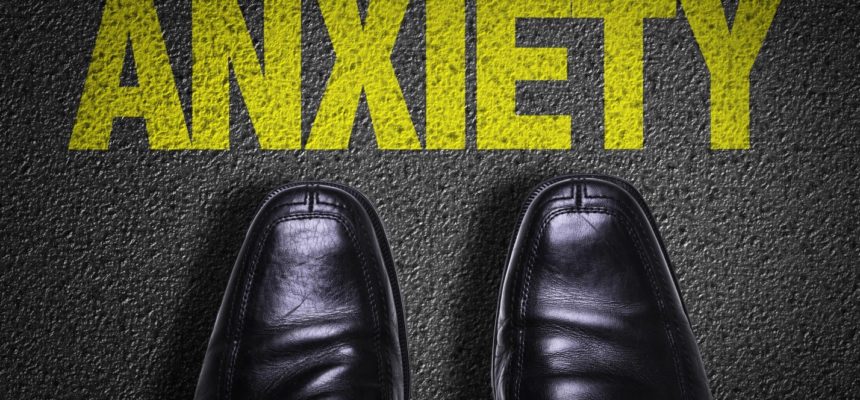
How to Treat Your Anxiety While in Recovery
Anxiety disorders affect about 40 million adults in the United States.1 Like drug addiction, they are in part controlled by genetics. Just as one’s genes affect how someone responds to a substance, they can impact how they deal with stress, and what behaviors they seek to alleviate it. Those seeking addiction treatment often struggle with conditions such as anxiety.
Co-occurring disorders represent the anxiety-addiction connection well. In fact, about 20% of individuals with social anxiety use drugs or struggle with addiction.2 People may self-medicate to deal with an anxiety disorder, develop one as a result of addiction, or develop anxiety and addiction independently.
Managing Anxiety in Drug and Alcohol Programs
Addiction recovery requires treatment for anxiety to be effective. Numerous studies have shown that—but how do you deal with anxiety in a time of great stress, and in a situation, such as detoxification and recovery? After all, those undergoing alcohol treatment or who are in drug treatment programs may be dealing with other serious life issues as well.
Anxiety and recovery often go hand-in-hand, and the symptoms of panic attacks can be similar to withdrawal. However, they can be treated in the following ways:
Social support: Since anxiety is often triggered by a failure to communicate, a social support system is useful; it opens one up to discussing their problems. Talking with friends or even in a therapy setting can reduce anxiety and help people manage/recover from it.
Cognitive behavioral therapy: An anxiety treatment focused on altering one’s thought patterns that trigger panic. A therapist might recreate the symptoms to help the person overcome the problem. The goal is for them to manage triggers and situations that bring on an attack.
Psychodynamic psychotherapy: Rather than thought processes, this strategy addresses the underlying causes of one’s anxiety. These may lie in the unconscious mind or be due to an emotional conflict. The theory—resolving this conflict can alleviate anxiety and panic symptoms.
Medication: Antidepressants, such as selective serotonin reuptake inhibitors and serotonin and norepinephrine reuptake inhibitors, may be used to treat anxiety. Benzodiazepines may as well. However, these central nervous system depressants can lead to mental or physical dependence. Effective in stopping anxiety attacks, these medications aren’t the ideal drug treatment for one with drug or alcohol addiction.
Exercise: Physical exercise can enhance the production and synthesis of neurotransmitters in the brain. Jogging and other intense exercises are most effective. Another strategy is to keep yourself occupied. Anxiety can make it hard to focus on activities, and avoiding them will make the problem worse. On the other hand, occupying the mind with upbeat music, humorous TV shows, puzzles, games, and good phone conversations draws your focus away from anxiety and drug recovery concerns.

Anxiety and addiction are common comorbidities. Therefore, an anxiety recovery plan should be included with addiction drug treatment. When in recovery, drug addiction can be better managed, as can alcohol recovery. For those who are treated for anxiety, alcoholism and substance addiction treatment plans are more effective, whether with medication, therapy, or social support (or a combination thereof).
For information on treatment options, family support groups, and experiential therapy focused on the mind, self-discovery, and emotional awareness, contact Yellowstone Recovery in Southern California today at (888) 941-9048.
Sources
Outside Link








